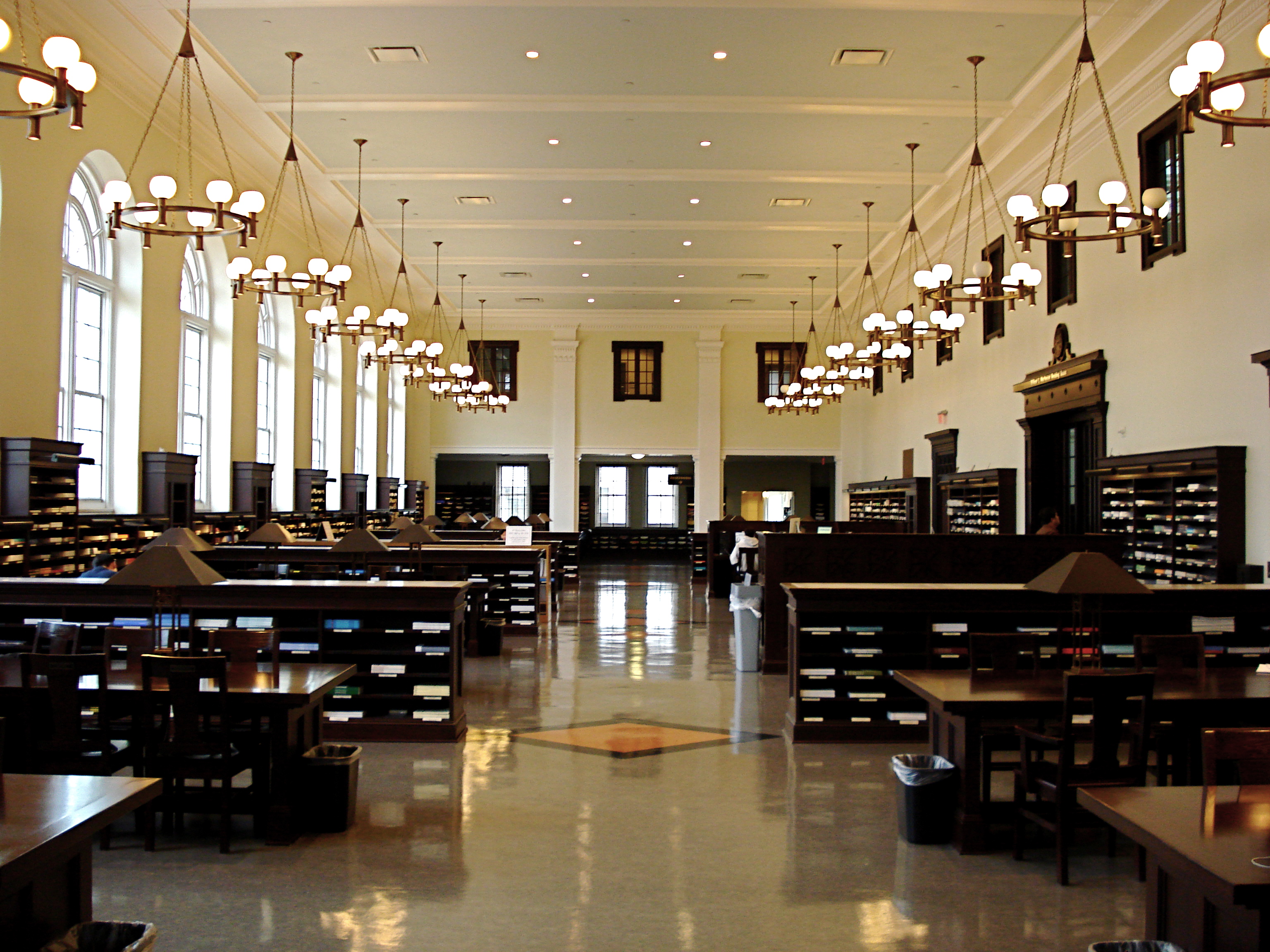Interview With Emory University

By: Lisa Dinh
1. What is your name, your professional title, and your relationship to Emory University (years worked etc)?
June Eddingfield, Associate Director for Admissions, Emory School of Medicine
I’ve been with Emory University since 1996 and with the School of Medicine since 2004.
2. How would you describe Emory as an academic environment? As a medical school? What about its students and staff?
Collaborative – to all of the above. In medicine, in particular, we must work together to provide the best patient care. That includes the entire healthcare team. No one can do it alone. We need each other.
3. What are some essential problems in the healthcare field (clinically or policy-wise) and how is Emory working to change that?
Healthcare is one of the most important political and economic problems today. Emory medical students are particularly attuned to this and are regularly engaged in conversation with faculty about how these issues affect our patients and our society, and more importantly, what we can do about them.
Committed to being part of the solution, Emory medical students are dedicated to caring for the medically indigent, caring for patients at Grady Memorial Hospital—one of the largest inner-city hospitals in the country, and volunteering their time to work at community clinics, health fairs, and education programs throughout the state.
When Grady Memorial Hospital—the only hospital where many of the working poor in Atlanta can receive medical care—was faced with dire financial crisis and was in danger of closing its doors, it was Emory doctors and students who organized an aggressive calling campaign to educate law makers and city leaders about the importance of keeping Grady open–with great success. Today, Emory medical students continue to serve as an integral part of the care that patients receive at Grady.
4. What is some of the research students are doing at Emory?
As on e of the largest research institutions in the United States, Emory University offers a myriad of research opportunities for medical students. The MD curriculum includes a 5-month Discovery Phase for research. Mentored by faculty, Emory medical students have completed projects here in Atlanta and in countries around the world such as Ecuador, Uganda, Malawi, Kenya, Mali, and Zambia.
e of the largest research institutions in the United States, Emory University offers a myriad of research opportunities for medical students. The MD curriculum includes a 5-month Discovery Phase for research. Mentored by faculty, Emory medical students have completed projects here in Atlanta and in countries around the world such as Ecuador, Uganda, Malawi, Kenya, Mali, and Zambia.
5. What is a brief description of Emory Medical School’s application process?
After the AMCAS application is verified, applicants will be pre-screened based upon their MCAT scores. This year, applicants with an MCAT score of 27 or higher and a score of 7 or higher on each of the subtests were invited to complete the Emory supplemental application. Completed applications are reviewed and candidates selected for an interview are contacted by email.
6. Is there anything outstanding or unique to Emory’s process of admissions?
We are always interested in applicants with a well-rounded education and a variety of interests outside of medicine.
7. How much emphasis does Emory put on GPA? MCATS? Recommendations? Personal statements? Clinical experience? Extracurricular activities? Can you rank these?
All of these items are important, so we do not “weight” any portion of an application more strongly than another. All components of an application are given consideration — we think of the applicant as a whole, not a sum of parts.
8. Should Georgia students look to stay in Georgia for medical school? Why or why not? Is there an advantage?
There is not necessarily a curricular advantage for Georgia students to stay in Georgia for medical school, but tuition costs for in-state vs. out-of-state tuition may be a deciding factor. (Note that as a private institution, tuition at Emory School of Medicine is the same for in-state and out-of-state students.)
9. What are 3 quick dos and don’t of an application?
Do’s
• Apply Early (interview spots fill up quickly)
• Cast a wide net (accepted students apply to an average of 15 medical schools)
• Visit the Admissions website of schools you are interested in (the website will provide you with all the information you need about that school)
Don’ts
• Do not visit medical schools without making arrangements ahead of time (some schools are not able to accommodate visitors and some schools may have special days set aside just for visitors)
• Do not wait until deadlines to submit your materials
• Do not limit yourself to activities that are related to medicine (it’s okay to have some fun)
10. Do you recall any one particular applicant? How/why did they stand out?
We have amazing students at Emory and they each stand out for so many different reasons. They are kind, caring, passionate and deeply committed to improving the healthcare of their community.

